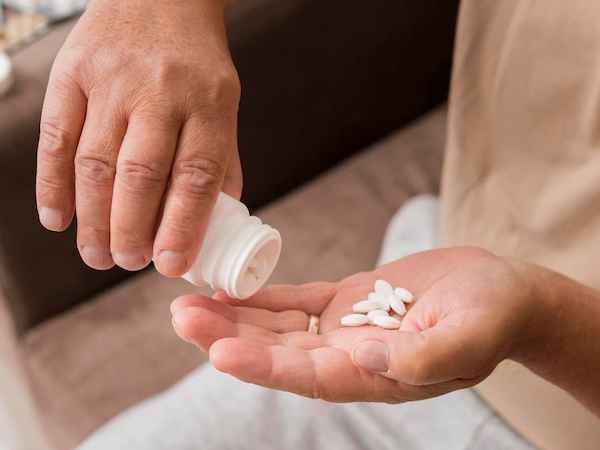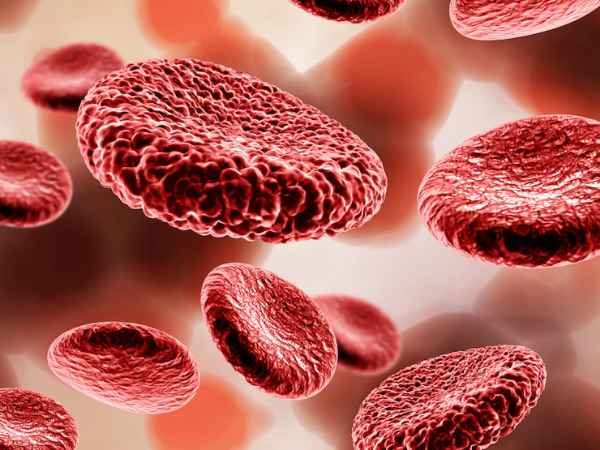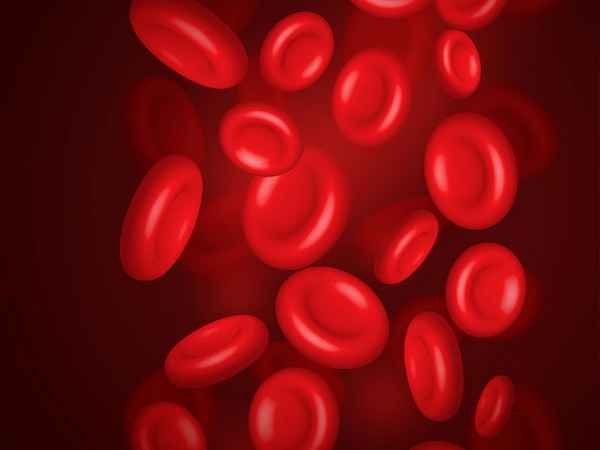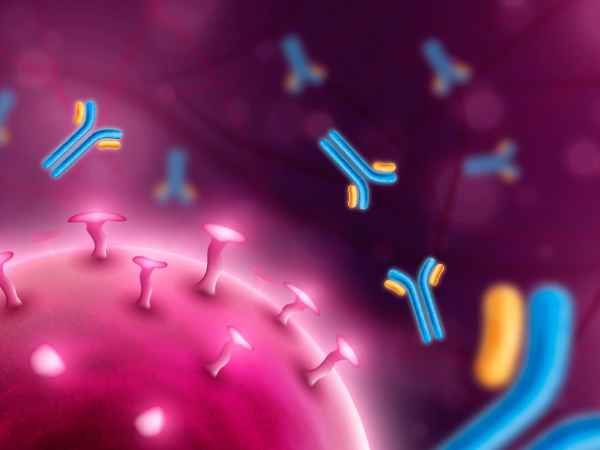Discover the Truth About Glucagonoma Today and Get the Treatment You Need

Glucagonoma is a rare tumor that produces excess glucagon, a hormone produced by the pancreas. Glucagon is a hormone produced naturally in the body that helps regulate blood sugar levels. In people who have diabetes, glucagon is injected into their bodies to help control blood sugar levels. Glucagon is also used in hospitals to treat patients suffering from low blood sugar (hypoglycemia). When glucose enters the bloodstream, insulin is released to transport it into cells where it’s stored as glycogen. When blood sugar drops below normal levels, glucagon is secreted by the pancreas. Glucagonomas are tumors that often cause symptoms similar to diabetes mellitus (DM), including weight loss, fatigue, nausea, vomiting, abdominal pain, diarrhea, and low blood sugar levels. However, unlike DM, glucagonomas do not require insulin injections to control their symptoms. In fact, they may actually worsen if left untreated.
People with glucagonomas have tumors that secrete excessive amounts of glucagon, causing them to develop hypoglycemia. There are two types of glucagonomas: primary and metastatic. Primary glucagonoma occurs in the pancreas and causes severe hypoglycemia. Metastatic glucagonoma occurs outside of the pancreas and tends to be less severe than primary glucagonoma.
Primary glucagonoma is generally benign and slow-growing. However, if they spread throughout the body, they can lead to serious complications including brain damage, coma, and even death.
Metastatic glucagonoma is much more aggressive and often fatal. They start off as small nodules in the lungs and then spread to other parts of the body. Once they reach the liver, they begin producing large amounts of glucagon, leading to hypoglycemia. Because the liver is responsible for breaking down and removing toxins from the body, the liver becomes overwhelmed with glucagon and begins releasing it into the bloodstream instead of processing it. This results in further hypoglycemia and ultimately liver failure.
Here are some things you need to know about glucagonomas:

- Glucagonomas are extremely rare.
- Most people who develop them are over 40 years old.
- Glucagonoma symptoms are similar to those of type 1 diabetes.
- Glucagons are hormones that regulate glucose production in the body.
- Alpha-cell tumors are classified as either benign or malignant.
- Benign tumors tend to be smaller than malignant ones.
- Malignant tumors tend to spread throughout the body.
Why Is Glucagon Prescribed To Patients Who Have Type 1 Diabetes?
Patients who suffer from type 1 diabetes do not make any insulin, so they cannot use glucagon to control their blood sugar levels. However, diabetics still require regular monitoring and testing. This is done periodically throughout the day to ensure that their blood sugar levels stay at acceptable ranges.
What All You Need To Know?
Glucagonoma is a rare neuroendocrine tumor (NET) that affects the pancreas. It’s not uncommon for people who have glucagonoma to experience symptoms like nausea, vomiting, diarrhea, weight loss, fatigue, abdominal pain, shortness of breath, and jaundice. However, many individuals don’t know they’re suffering from glucagonoma until their tumors start spreading throughout the body. If left untreated, glucagonomas can cause serious complications including liver failure, heart disease, stroke, kidney damage, and even death. So what should you do if you suspect you may have glucagonoma? First, get help now! Visit www.glucagonoma.org to learn about how to find a doctor who specializes in treating NETs. And for those who already have a diagnosis, here are some things you need to know about glucagonoma treatment options.
1. There Are Multiple Treatment Options Available
There are several different treatments available for patients with glucagonomas, depending on the stage of cancer. These range from surgery, chemotherapy, radiation therapy, targeted therapies, and immunotherapy. Surgery is often recommended at the early stages of the disease, while chemotherapy and radiation therapy are commonly used later in the course of the illness. Targeted therapies aim to inhibit specific pathways involved in tumor growth, while immunotherapies stimulate the immune system to attack the tumor cells.
2. Your Doctor Can Recommend Which Option Is Best for You
Your doctor may recommend one type of treatment over others based on factors like your age, general health, location of the tumor, and whether you’ve had any prior surgeries. But whatever option he recommends, make sure you understand exactly what each treatment entails and ask questions before agreeing to undergo them.
3. Check Out Different Treatments Before Deciding How to Proceed
If you decide to pursue a particular treatment plan, make sure you talk to your doctor about alternative approaches first. He’ll likely suggest additional tests to determine the extent of the tumor and its spread and then work with you to develop a treatment plan that best suits your individual situation.
4. Don’t Wait Until It’s Too Late
The sooner you seek medical attention for suspected glucagonoma, the greater your chances of receiving effective treatment. That said, it’s never too late to begin seeking care. In fact, glucagonoma symptoms tend to worsen over time, making it harder for doctors to accurately diagnose the condition. So if you think you might have glucagonoma, contact your doctor right away.
Glucagonoma symptoms have been around since ancient times. However, they were not recognized until relatively recently due to their rarity and lack of understanding about them. In fact, glucagonoma (also known as Zollinger-Ellison syndrome) is one of the least understood cancers.
The primary symptoms of glucagonoma include:

- Persistent stomach upset
- Weight loss
- Fatigue
- Nausea
- Vomiting
- Abdominal Pain
- Diarrhea
- Constipation
- Weakness
- Low blood sugar
- Dizziness
Treatment Options for Glucagonoma

There are several treatment options for glucagonoma. One option is surgery. Surgery removes tumors and relieves symptoms. However, since glucagonomas can spread throughout the body, surgical removal is not always possible. Another option is chemotherapy. Chemotherapy treats cancers that are impossible to remove surgically. Patients receive drugs that target tumor cells while protecting normal cells. Unfortunately, these treatments do not work well for glucagonoma. A third option is radiation therapy. Radiation kills fast-growing cells and shrinks tumors. It commonly shrinks tumors before surgery. Patients who undergo radiation therapy usually require additional surgeries to remove any remaining tumors.
The best way to treat glucagonomas is to prevent them from happening in the first place. There are certain things people should avoid doing if they want to stay safe from developing glucagonoma. Avoiding smoking cigarettes and using alcohol can help reduce the risk of contracting glucagonoma. People who are overweight, obese, or have diabetes are at higher risk of developing glucagonomas than those who are underweight, skinny, or don’t have diabetes. Eating a diet rich in fruits and vegetables can decrease the risk of developing glucagonoma.
Summing Up,
While glucagonomas are rare, they should be considered in any patient presenting with unexplained hypoglycemia. Early diagnosis and prompt treatment can help prevent permanent brain damage.
The following are the things to keep in mind if you have been diagnosed with glucagonoma:
- Do not eat foods containing gluten, maltitol, lactose, sorbitol, mannitol, dextrose monohydrate, fructose, sucrose, or starch. You should avoid these foods completely if they cause gas or diarrhea.
- Avoid alcohol consumption, smoking, and recreational drugs. Alcohol increases blood pressure and lowers the body’s immunity. Smoking decreases the body’s immune system, while recreational drugs impair judgment and lead to poor decision-making.
- Take care of your emotional well-being. Stress worsens the symptoms of diabetes and affects the functioning of the liver and kidneys.
- Exercise regularly and stay away from fatty food. Excessive intake of fats in the diet can increase triglycerides. Triglycerides in the blood are converted to fat deposits in the liver. Over time, this results in cirrhosis of the liver.
- Consult a doctor if you notice signs of hypoglycemia. Hypoglycemia is a dangerous medical emergency that requires immediate medical attention. Symptoms include dizziness, confusion, anxiety, sweating, headache, tingling sensation, tremors, palpitations, seizures, coma, and death.
- Do not skip meals. A person who skips breakfast suffers from low blood sugar levels throughout the day. People suffering from severe cases of diabetes require frequent monitoring of their blood glucose levels.
- Keep track of your blood glucose levels. You should monitor your blood glucose levels. This helps doctors monitor your progress and devise treatment plans accordingly.
- Have regular checkups with a doctor. Your doctor can help identify other conditions related to glucagonomas. He/she can also suggest ways to control diabetes. Be sure to tell them about any changes in your routine, recent illnesses, pregnancy, or medications.
- Eat right. Eating a balanced diet consisting of fruits, vegetables, whole grains, lean protein, and healthy fats will improve your health. Stay away from refined carbs, sugary snacks, trans fats, saturated fats, fried foods, processed meats, and salt.
- Drink plenty of water. Water flushes out toxins from the body and keeps us hydrated. Consume eight glasses of water daily. Drinking enough water reduces bloating caused by dehydration
- Get sufficient sleep. Lack of sleep can affect your mental and physical performance. Sleep deprivation also makes it harder to regulate your blood sugar levels. Try to get 8 hours of uninterrupted sleep each night.